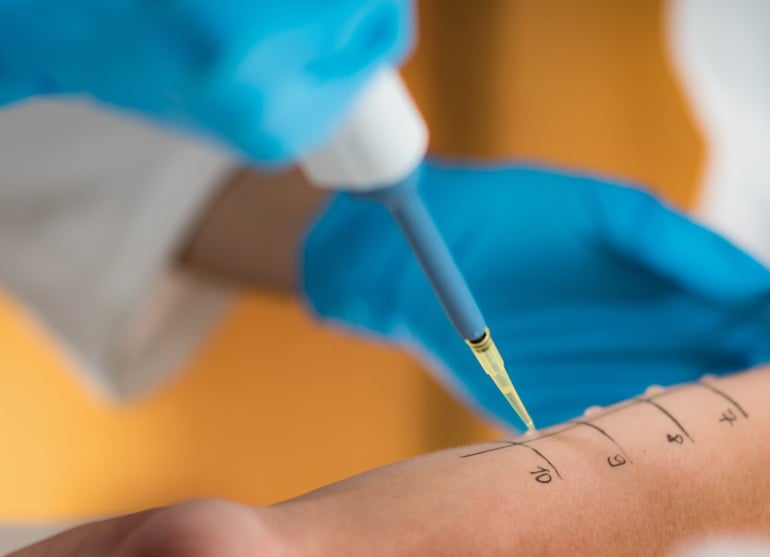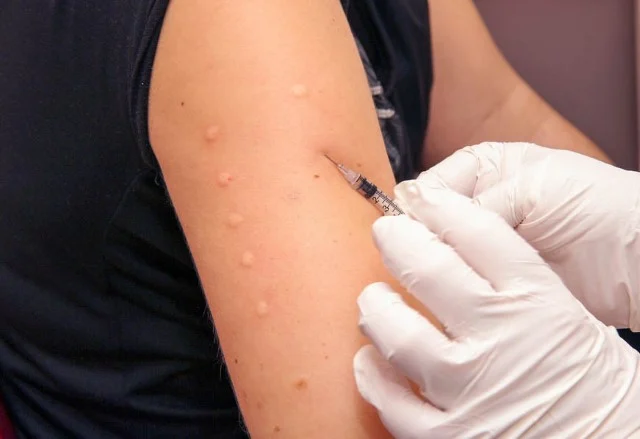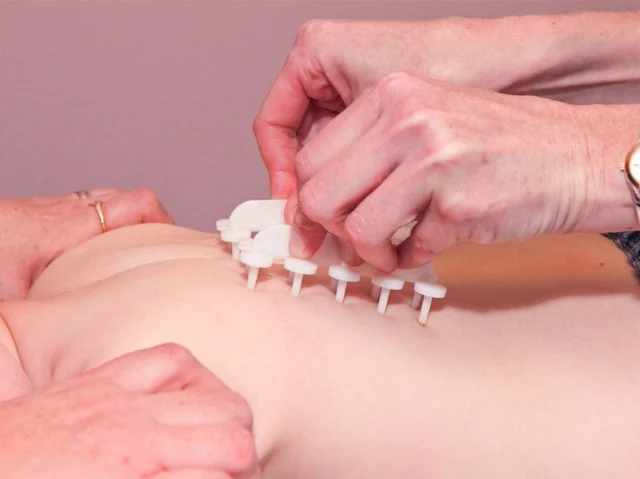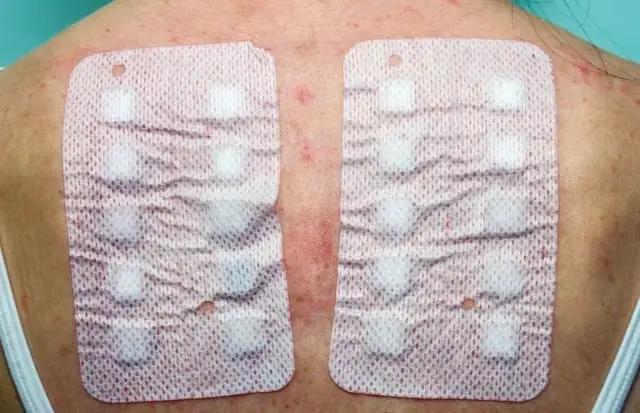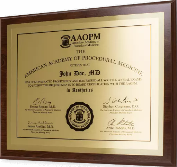8:30am–9:00am
Registration
9:00am–10:00am
Speaker Introduction, Market Size, Benefits to Patients, and viability of offering diagnostic allergy testing and immunotherapy injections within your medical practice. Overview: background of allergy terrain/disease (i.e. environmental, prescriptions, venom) , types of allergens, and the various testing methods and indications. Testing options for Food Allergies (IgE and Non-Ige mediated), Asthma (inhalant allergens), Immunology, and billing and coding parameters for reimbursement.
10:00am–10:15am
Break.
10:15am–11:15am
Review the allergic cascade, different types of allergy testing, patient evaluation (triggers, physical examination, indications and absolute and relative contraindications for testing. Advantages, disadvantages, and limitations of skin prick testing and allergic conditions appropriate for testing. Review supplies and equipment, pre-testing considerations (i.e. antihistamines), and new technologies to save time and effort. Skin Prick Test Procedure: recording of results, testing for multiple antigens, positive and negative controls, and need for further specific tests as well as interpretation of initial results. Results to common aeroallergens and food allergens, common errors, and other factors effecting results.
11:15am–12:30pm
All protocols for other types of Allergy Tests: Requirements for Skin Patch Testing, Intradermal Testing, Total Serum IgE concentration, and RAST (radioallergosorbent) Testing and systemic reactions to the various tests. Review which test should be used for different patient presentations, accuracy of tests, and types of tests needed for patients that are contraindicated for skin prick testing.
12:30pm–1:30pm
Lunch (on your own)
1:30pm–3:15pm
Background of Food Allergy Testing and Food Sensitivities. Understanding the various allergy testing options for toxic, psychological, and non-toxic reactions and interpretation. Differences between Immune-mediated FHS (Food Allergy) and Non Immune-mediated FHS (Food Intolerance) and characteristics of each. Review the (4) types of allergic reactions and which tests will yield definitive results (i.e. skin prick, RAST testing, Elimination Diet, Antigen Leukocyte Cellular Antibody Test (ALCAT), or Food Immune Complex Assay (FICA) tests). Gut Flora and information and Microbiome Testing, Celiac Blood (tTG-Iga) Tests and identifying gluten sensitivities in patients. Introduction and overview of Asthma Testing and Treatment options.
3:15pm–3:30pm
Break
3:30pm–5:00pm
Review of the (3) characteristics of asthma in patients, relevant exposure to biological, chemical, structural, and social triggers. Testing, protocols, and treatment options including bronchial provocation testing and common treatments such as avoidance of isolated allergens and possible immunological injections. Immunotherapy options, choosing an allergy laboratory, and administration schedules as well as all forms, consents, and standard of care considerations for immunotherapy injections including changing of labs, new vials, titration, and using sublingual administration for immunotherapy. Billing and Coding including all ICD-10(s) and CPT Codes are reviewed and presented.
DISCLAIMER: The following is a summary of the course agenda. The full course agenda will be emailed to you a few days prior to the course. If you have any questions or need additional information, please contact our office.

